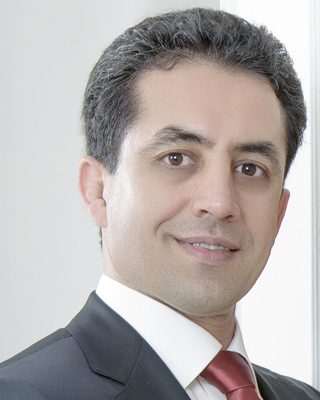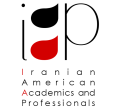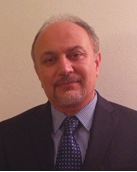When: Thursday November 14, 2019 – 7:30 PM
Where: Montgomery Community College (Rockville Campus) – Humanities Building (HU), Conference Room 009
(Get Directions, Campus Map)
RSVP Here
Speaker: Dr. Hassan Karimi, Ph.D. LMFT
Language: Farsi

Synopsis:
Human history shows four developmental stages of therapy for mental health problems, including: magical, medical, psychological, and systemic approaches. Each approach offers specific interventions due to the specific definition of psychopathology. Based on Cybernetic Epistemology and General Systems Theory, family therapy emerged in 1950s that was a paradigmatic shift in the field of mental health. Such a shift invited professionals to move from Linear thinking/causality to Circular thinking/causality: that is, the focus of the study moved from intrapsychic concepts to ongoing relational patterns and contextual factors within and around the family system. However, it has not yet become the dominant approach in the field due to some reasons that will be addressed in this lecture. We will discuss systemic family therapy, its principles, and a few clinical concepts: family emotional system and tendency to linear thinking, Multigenerational family emotional process-transitional mechanisms-and genetic factors, triangles and symptom development. Then we will compare it to psychiatric and psychologic explanations of psychopathology. This lecture includes some clinical case examples to elaborate diagnostic and therapeutic functions of systemic approach. Finally, we will discuss systemic epistemology as an approach for multidisciplinary research. This talk also helps us to improve our knowledge about relational-health in marriage and family, so you are welcome to bring your significant others.
About the Speaker:
AAMFT Clinical Fellow and Approved Supervisor
Hassan Karimi Ph.D. is a Clinical Fellow of American Association for Marriage and Family Therapy (AAMFT). He has teaching experience at Ferdowsi University, Virginia Tech U., Iona College, and currently at Johns Hopkins University. Dr. Karimi’s research interests include common mechanisms of change in successful therapies, cultural issues in family therapy, childhood adversities and family relationships. He has co-authored a book chapter and articles in the field of marriage and family therapy.
Dr. Karimi has 23 years of clinical experience in mental health field both in Iran and the US. He practiced as a clinical psychologist in Iran. Later, he got his Ph.D. in Marriage and Family Therapy from Virginia Polytechnic Institute and State University. He did his Ph.D. internship at Mental Research Institute (MRI) which is the birthplace for Family/Systemic Therapies in mental health field. Dr. Karimi is a licensed therapist in Virginia, New York, and Maryland. He provides in-person and online therapy services. He also got the Approved Supervisor Designation from AAMFT that qualifies him to train and supervise therapists for advance clinical practice. He is an online volunteer supervisor to a few clinics in Iran too. Dr. Karimi recently founded a Family Therapy Institute in Virginia, where he is looking forward to clinical and research collaboration with medical colleagues to explore the interaction between family emotional system and medical symptoms/diseases.
For this lecture: light refreshment will be provided
Please click here to RSVP.




